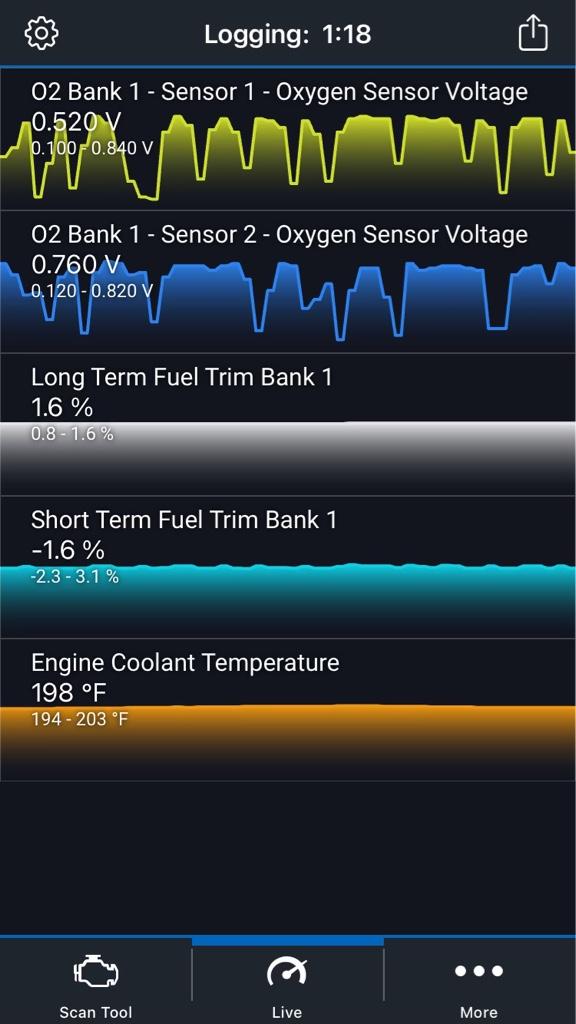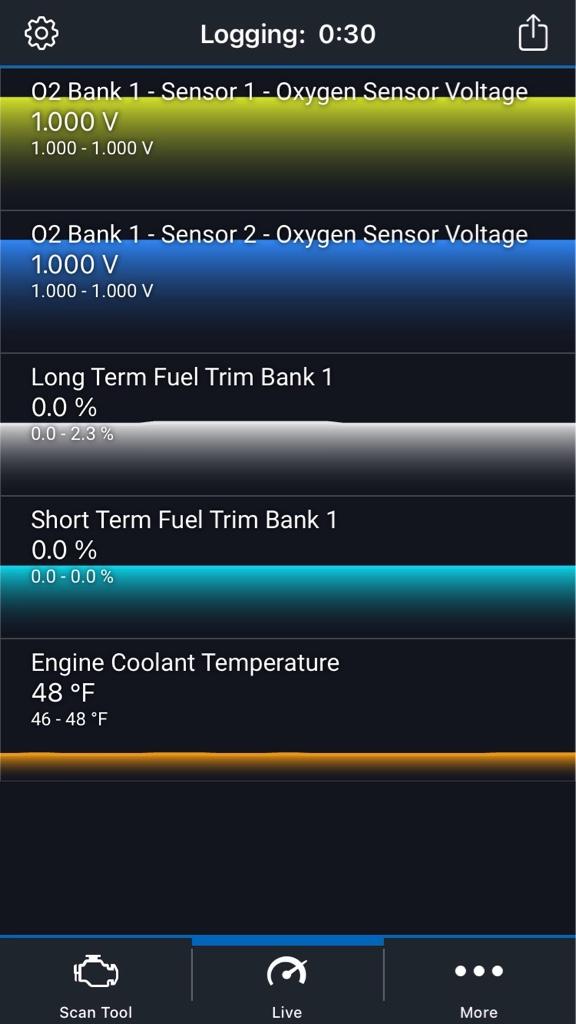When in-tank gas check-valves fail, the injector spray patterns vary significantly. If enough gas flows back from the injectors and into the tank , while driving, the injectors dribble out excessive gas and gas mileage goes down. Liquid gas (i.e more mass) is flowing through the injectors instead of "atomized gas"(i.e. less mass). The dwell-open times of the injectors ARE BASED on "gas atomized flow patterns" from the injectors, NOT liquid dribbling gas flow patterns. If enough pressurized gas stays in the line to the injectors, while driving, the injector spray pattern stays proper(i.e. controlled atomized gas metering and normal gas consumption).
My suggestions;
1. Run lot's of injector cleaner through your gas tank .
2. Install an inexpensive readily available all aluminium check-valve in the external rubber hose exiting your gas tank to the injectors.
Best regards,
CJR
My suggestions;
1. Run lot's of injector cleaner through your gas tank .
2. Install an inexpensive readily available all aluminium check-valve in the external rubber hose exiting your gas tank to the injectors.
Best regards,
CJR


